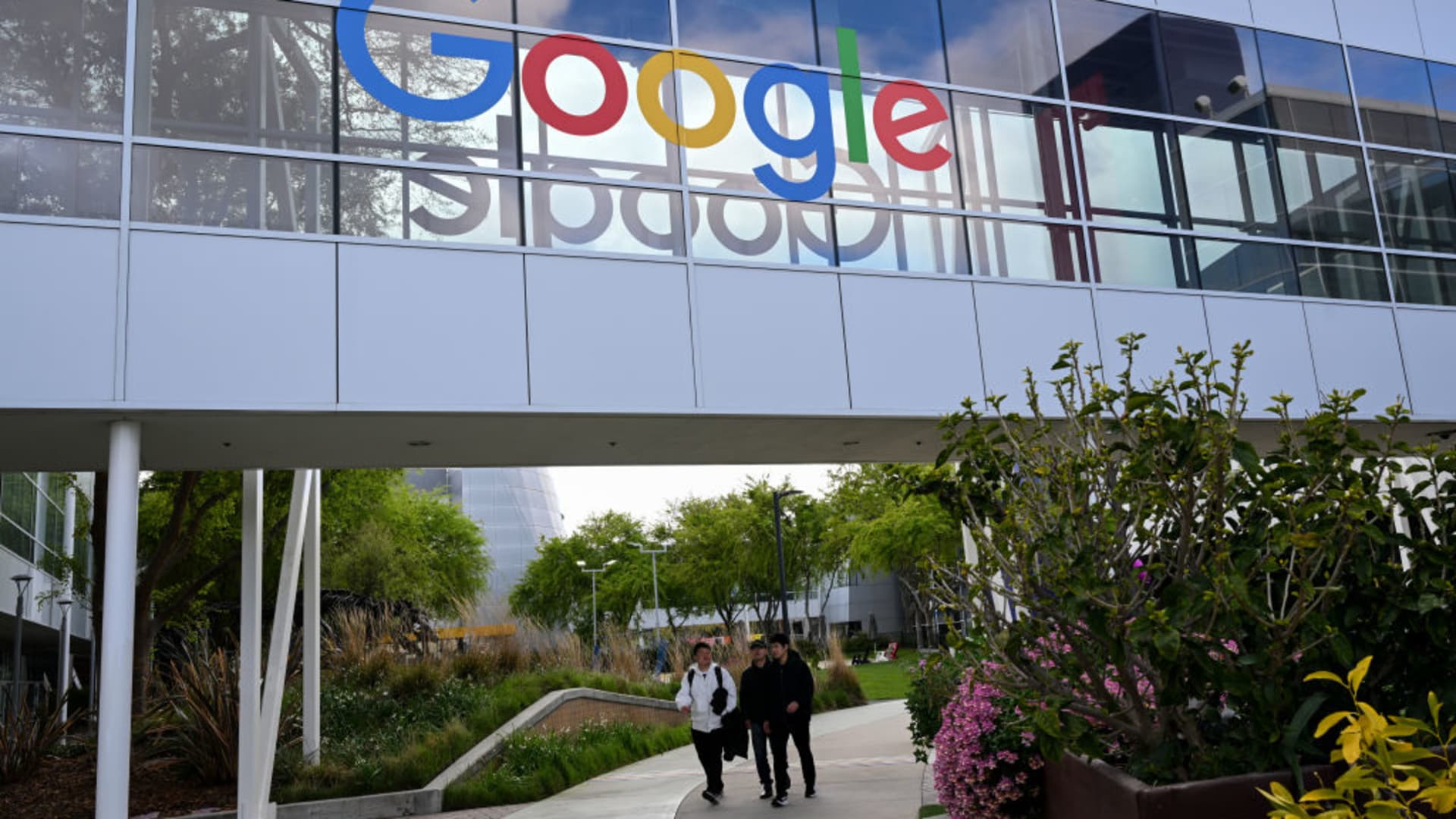
Alphabet‘s Google violated a software developer’s patent rights with its remote-streaming technology and must pay $338.7 million (nearly Rs. 2,770 crore) in damages, a federal jury in Waco, Texas decided on Friday.
The jury found that Google’s Chromecast and other devices infringe patents owned by Touchstream Technologies related to streaming videos from one screen to another, a court representative said on Monday.
Google spokesperson Jose Castaneda said on Monday that the company will appeal the verdict and has “always developed technology independently and competed on the merits of our ideas.”
Attorneys for New York-based Touchstream did not immediately respond to a request for comment on Monday.
Touchstream, which also does business as Shodogg, said in its 2021 lawsuit that founder David Strober invented technology in 2010 to “move” videos from a small device like a smartphone to a larger device like a television.
According to the complaint, Google met with Touchstream about its technology in December 2011 but said it was not interested two months later. Google introduced its Chromecast media-streaming devices in 2013.
Touchstream said that Google’s Chromecast copied its innovations and infringed three of its patents. It also said its patents were infringed by Google’s Home and Nest smart speakers and third-party televisions and speakers with Chromecast capabilities.
Google denied infringing Touchstream’s rights and argued that the patents are invalid.
Touchstream filed similar complaints against cable providers Comcast, Charter and Altice in Texas earlier this year. Those cases are still pending.
© Thomson Reuters 2023










